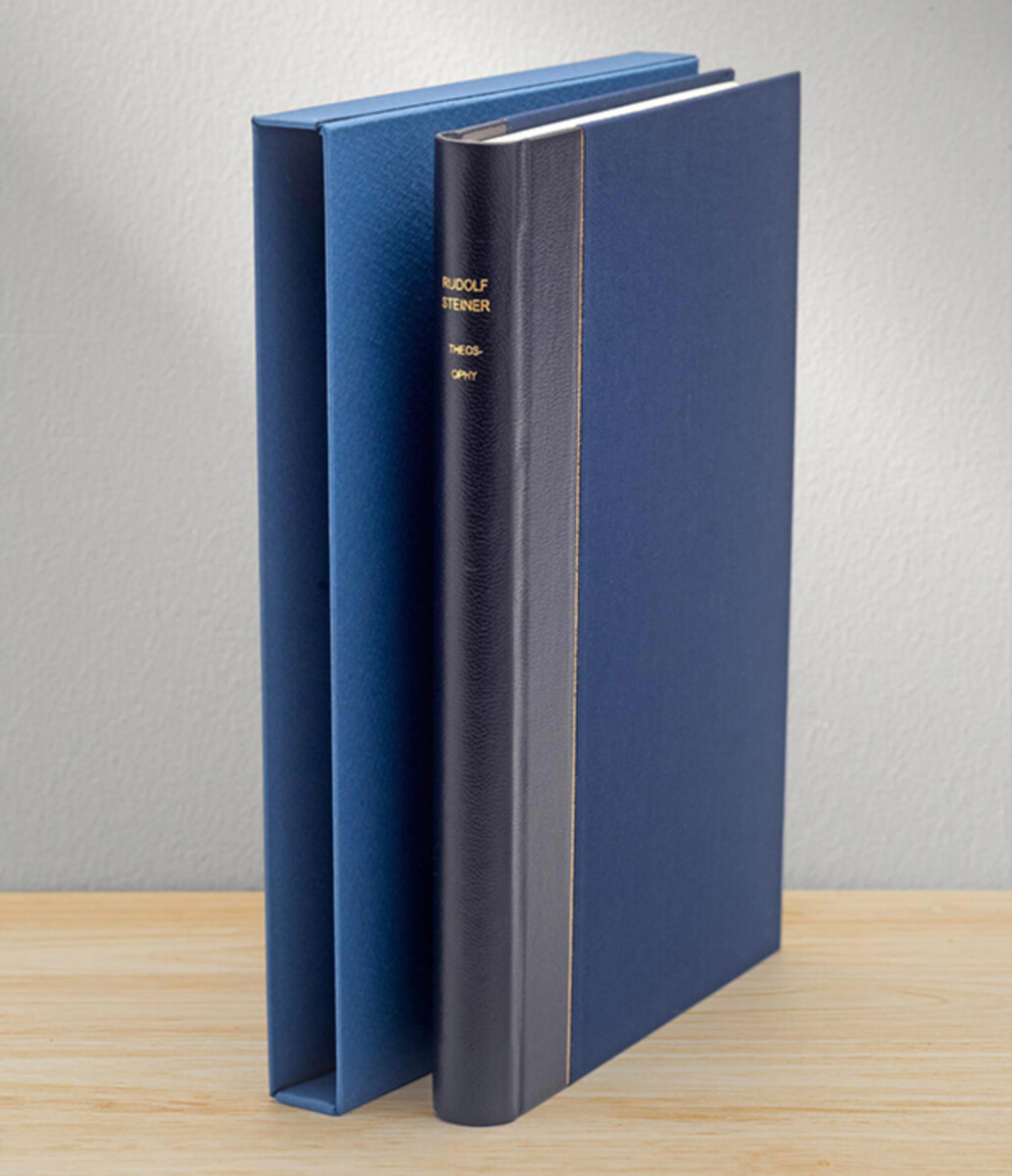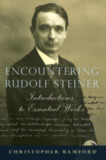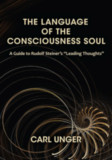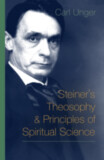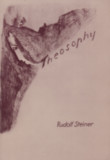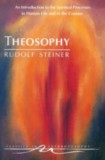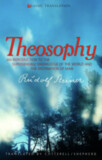Theosophy
An Introduction to the Suprasensory Knowledge of the World and the Vocation of Man (CW 9)
Translated by Henry B. Monges
Revised by Thomas O'Keefe, David Ecklund and Clifford Venho
- Publisher
SteinerBooks - Published
6th August 2019 - ISBN 9781732461338
- Language English
- Pages 240 pp.
- Size 5.5" x 8.5"
Written in 1904 (CW 9)
Rudolf Steiner wrote Theosophy as an introduction to, and as a foundation for, the spiritual-scientific aspect of his life’s work.
Beginning with clear observations about the nature of our experience, the book develops insights into the qualities and interrelationships of body, soul, and spirit. The various members of the human being researched and outlined by Rudolf Steiner invite the reader to envision a multifaceted, dynamic, living picture of the human being. Questions of the role of material processes, heredity, sensation, feeling, and thinking in human life are explored directly in connection with these human members, which are given not in fixed form but in different permutations that demand flexibility in thinking.
In chapter 2, Rudolf Steiner develops a clear line of thought that leads toward a grasp of the reality of karma and reincarnation. He distinguishes between the roles of soul and spirit in the processes of karma, on the one hand, and reincarnation on the other. The role of human biography in understanding an individual’s unique place in the world is considered from a new perspective.
The third chapter describes the great journey of the human soul and spirit after death and the cosmic connections between our own individual nature and the worlds of soul and spirit. We gain insight into the various regions of the suprasensory worlds and observe how we, as human beings, interact with, evolve, and transform ourselves and one another along the path to our primal spiritual essence, from which we then fashion our future incarnations on earth.
The book concludes with indications for a path of inner moral–spiritual schooling. The exercises that Rudolf Steiner provides lead to the development of organs of perception that enable us to gain an independent experience of the realities described in the book.
The Chadwick Library Edition represents an endeavor to republish—mostly in new or thoroughly revised English translations—several written works of Rudolf Steiner. The edition is named for the late horticulturist Alan Chadwick, whose life and work has served as inspiration to the small group from which the idea originated. Our extensive experience with special bindings led to the selection—for this “trade edition” of 750 books—of a leather spine binding, cloth sides, and a light slipcase. For the hand-numbered edition (100 books), the binding is full leather with a hand-gilt top of the pages in a fine, stiff, cloth-covered slipcase. The leather is blue calfskin, and the title stamping on the spines is in genuine gold leaf. All of this is being carried out by hand at one of the finest binders, Ruggero Rigoldi.
Theosophy is a translation of «Theosophie, Einführung in übersinnliche Welterkenntnis und Menschenbestimmung» (GA 9).
Read more about the Chadwick Library Edition at chadwicklibrarypress.org.
Rudolf Steiner
Rudolf Steiner (b. Rudolf Joseph Lorenz Steiner, 1861–1925) was born in the small village of Kraljevec, Austro-Hungarian Empire (now in Croatia), where he grew up. As a young man, he lived in Weimar and Berlin, where he became a well-published scientific, literary, and philosophical scholar, known especially for his work with Goethe’s scientific writings. Steiner termed his spiritual philosophy anthroposophy, meaning “wisdom of the human being.” As an exceptionally developed seer, he based his work on direct knowledge and perception of spiritual dimensions. He initiated a modern, universal “spiritual science” that is accessible to anyone willing to exercise clear and unbiased thinking. From his spiritual investigations, Steiner provided suggestions for the renewal of numerous activities, including education (general and for special needs), agriculture, medicine, economics, architecture, science, philosophy, Christianity, and the arts. There are currently thousands of schools, clinics, farms, and initiatives in other fields that involve practical work based on the principles Steiner developed. His many published works feature his research into the spiritual nature of human beings, the evolution of the world and humanity, and methods for personal development. He wrote some thirty books and delivered more than six thousand lectures throughout much of Europe. In 1924, Steiner founded the General Anthroposophical Society, which today has branches around the world.


